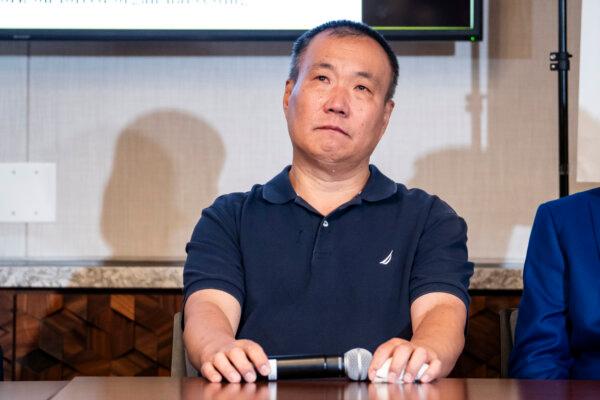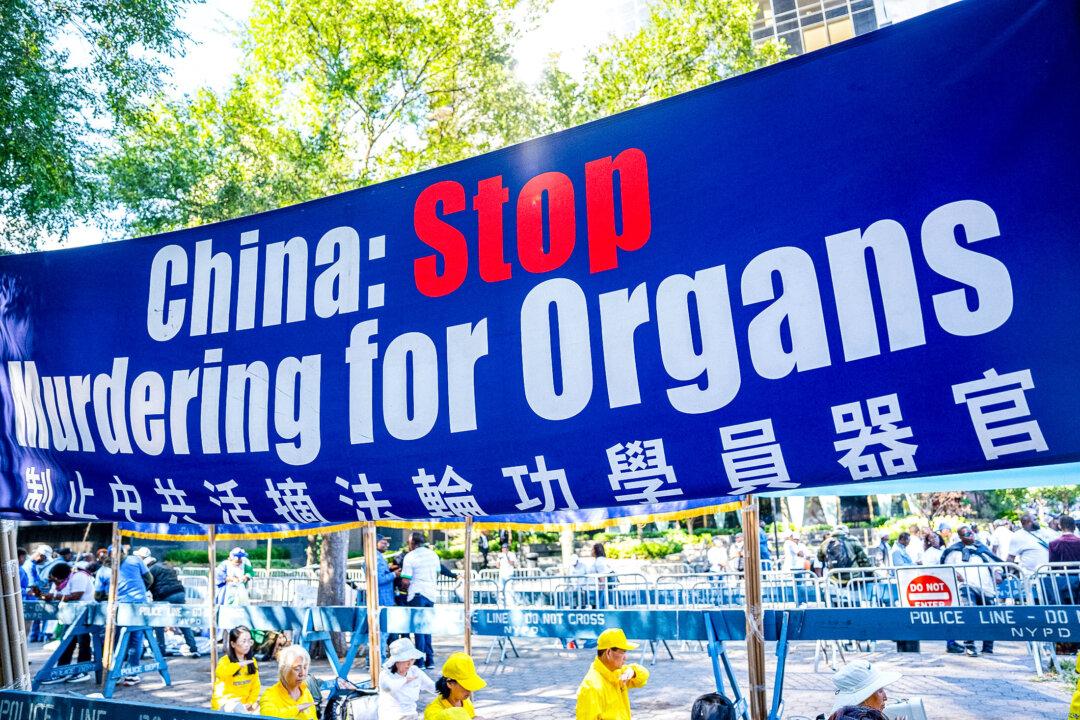The Australian Senate has passed a bill aimed at combating crimes related to illegal organ harvesting.
The Migration Amendment (Overseas Organ Transplant Disclosure and Other Measures) Bill 2023, introduced by Liberal Senator Dean Smith, passed the Senate on Aug. 21 after gaining support from Liberal, National, Greens, and independent Senator David Pocock. The bill will now move to the House of Representatives for further debate.
The legislation amends the Migration Act 1958 requiring people entering or returning to Australia by sea or air to disclose on the incoming passenger card whether they have received an organ transplant overseas in the last five years.
If responding affirmatively, those arriving in Australia will be asked to disclose which country, state, and locality they received the transplant in and the name of the medical facility where the operation took place.
First Step for Australia
Smith emphasised the significance of the bill’s passing.“This is the most significant step made in decades in emboldening Australia’s efforts to combat the growing trade in illegal and unethical organ harvesting and trafficking,” he said in a statement to The Epoch Times.
“This is an overdue and crucial first step in developing a stronger response from the Australian government towards these abhorrent practices.
Most Exploitative Practice: Greens
The Greens supported the bill, with Greens Senator David Shoebridge saying that its passing would bring Australia in line with international efforts.“This bill takes us one step further towards being a good global citizen,” he told the Senate. “On behalf of the greens, we think this is a step forward ... We think it’s the kind of action that Australia should take.”
He said it was hard to imagine a “more exploitative practice” than a wealthy country, that doesn’t have sufficient organs through its established donation system, permitting its citizens to use their wealth and privilege to travel to third-world countries and take organs from their citizens.
“But even more so, where there isn’t a general voluntary system, where it is about economic coercion, economic power, and a lack of real consent, or worse still, it’s about state oppression against oppressed peoples,” he said.
It comes after the first surviving victim of the Chinese Communist Party’s forced organ harvesting crime came to the public.
Shoebridge noted forced organ harvesting was an issue that “Falun Gong practitioners have raised repeatedly with parliaments around the world and sought to have the evidence of their exploitation by an authoritarian government acted upon.”

‘Ineffectual’ Bill: Labor Opposes
Labor Party has maintained its stance against supporting the bill, citing that the existing laws already empower the migration minister and departmental delegates to cancel the visa of those who have character concerns and that people involved in organ trafficking are unlikely to provide truthful information when filling the passenger card upon arriving.“As earlier, the government maintains its position that amending the incoming passenger card will be largely ineffectual, and the recipients and organisers are highly likely to conceal and fail to declare accurate information,” Senator Tim Ayres said.
While Labor opposes the bill, it acknowledges organ trafficking as a crime and a form of modern slavery.
“The Department of Home Affairs also stated during the inquiry that a person who has either facilitated organ trafficking or participated in organ tourism as a recipient of a trafficked organ will be captured by the existing broad cancellation powers in the Migration Act,” Labor Senator Raff Ciccone said during the bill’s first debate on Aug. 15.
Shoebridge said it was unfortunate that many members do not support the bill.
“The arguments against it that not everybody will honestly fill in a passenger card is hardly a reason not to support this, because if for no other fact, it’s actually an offense to falsely fill in a passenger card,” he said in the Senate.
“And if that is the only basis upon which we can hold people to account for unethical organ transplants, well, that too, is a step forward in accountability.”






